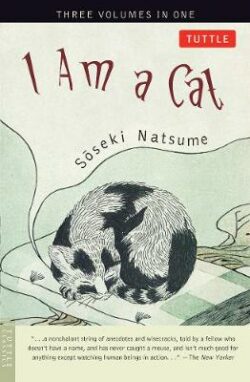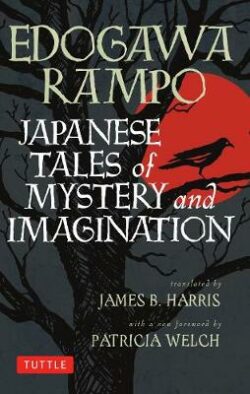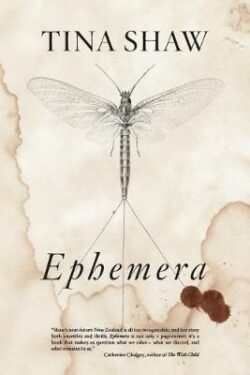Job
$21.99
Out of stock
Alert me when product is restocked
Description
Sinclair Lewis, the first American to win the Nobel Prize for literature, and a writer lauded both for his craft and his principles, wrote The Job as a statement of female empowerment, and self-determination over societal expectation. Written in the early years of the 1900s Lewis’ central character, highly unusual for the era, is a woman, Una Golden, who gains work in an exclusively male world of commercial real estate. Golden struggles for the recognition of her male peers while balancing romantic and work life; she marries, divorces, continues to work hard and finally emerges triumphant on her own terms. AUTHOR: Harry Sinclair Lewis (1885 1951) was an enormously successful author both commercially and critically, but despite being the first writer from the US to win the Nobel Prize in Literature in 1930, he has been criminally underrated until recently. Born in Minnesota, he graduated from Yale in 1908 and pursued his vocation, writing for newspapers and magazines and publishing potboilers until releasing his first serious novels, including 1917’s The Job. His stellar success came with the satirical novels Main Street (1920) and Babbitt (1922) and several of his works were adapted for film. His insightful criticism of American capitalism, mores and politics (not least his uncanny 1935 dystopia It Can’t Happen Here), and his representations of modern working women mark him out as a truly far-sighted novelist of our time.
Additional information
| Dimensions | 130 × 198 mm |
|---|---|
| ISBN | 9781839648809 |
| Dimensions | 130 x 198 mm |
| Book Type | Paperback / softback |
| Author | Sinclair Lewis |
| Author Bio | Harry Sinclair Lewis (1885-1951) was an enormously successful author both commercially and critically, but despite being the first writer from the US to win the Nobel Prize in Literature in 1930, he has been criminally underrated – until recently. Born in Minnesota, he graduated from Yale in 1908 and pursued his vocation, writing for newspapers and magazines and publishing potboilers until releasing his first serious novels, including 1917's The Job. His stellar success came with the satirical novels Main Street (1920) and Babbitt (1922) and several of his works were adapted for film. His insightful criticism of American capitalism, mores and politics (not least his uncanny 1935 dystopia It Can't Happen Here), and his representations of modern working women mark him out as a truly far-sighted novelist of our time. James M. Hutchisson (Introduction), Emeritus Professor of English at The Citadel in Charleston, South Carolina, is a specialist in nineteenth- and twentieth-century American literature. He is the author of The Rise of Sinclair Lewis, editor of Sinclair Lewis: New Essays in Criticism, and Past President of The Sinclair Lewis Society. His most recent book is Ernest Hemingway: A New Life. Ruth Robbins (Series Foreword) is Professor of English Literature and Director of Research for Cultural Studies at Leeds Beckett University. She has published widely on both feminism and the literature of the period 1870-1940. Her books include Literary Feminisms, Pater to Forster, 1873-1924, Subjectivity, Oscar Wilde and The British Short Story. She is currently working on Virginia Woolf: A Writer's Life. |
| Number of Pages | 416 |




